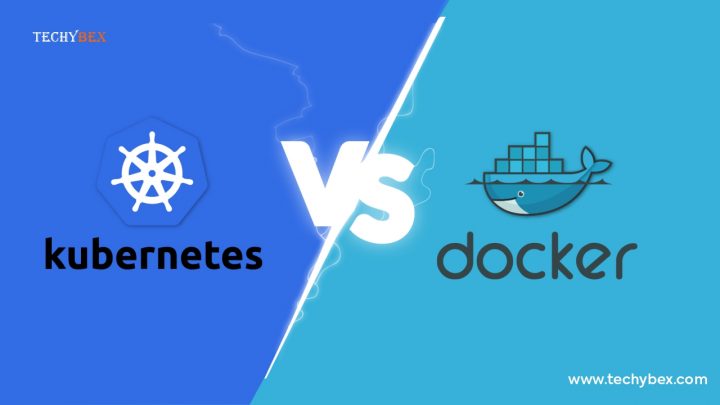What is Docker?
Docker is an open-source containerization platform and runtime introduced in 2013 that allows developers to build, deploy and run containers. It brought the modern era of the container and steered into a computing model based on microservices. It is easing things out for the software industries by allowing them to automate the infrastructure, maintain consistency, isolate the application, and improve resource utilization. With simple commands and automation through a single API, Docker uses client-server architecture. Today it is the most popular tool used for creating containers, no matter whether developers are using Linux, Windows, or macOS. Though container technologies are not new and available for years but Docker’s customized technology quickly became the most popular containerization platform. Docker’s popularity is because of its portability feature that allows Docker containers to run across any data center, desktop, or cloud environment.
What is Kubernetes?
Kubernetes is a container orchestration platform that is used for managing, automating, and scaling containerized applications. This open-source orchestration software provides an API to control where and how the containers will run. Kubernetes arrange a cluster of virtual machines and schedule the running of containers on those virtual machines, depending upon the availability of the compute resources and the resource requirements of every container. Originally developed by Google to run billions of containers a week at scale, Kubernetes is now the industry-standard orchestration tool used for the deployment of containers and distributed applications.
Kubernetes is explained as the “Linux of the cloud” that comes with a powerful API and command line tool that handles lots of the things that go into container management by allowing developers to automate operations. It manages the resources that are available to it on the behalf of developers which allows them to focus on writing application code rather than focusing on networking or storage infrastructure. It also conducts automated health checks on services and restarts failed or stopped containers. Kubernetes is a portable and extensible platform that manages containerized workloads and services and also facilitates declarative configuration and automation.

Difference between Docker and Kubernetes
Docker and Kubernetes are the two most widely used tools in the cloud-native container ecosystem that have allowed the container revolution to thrive because of their utility and the openness of their communities. Both Docker and Kubernetes are open-source leaders and are often used together but they accomplish different goals. They are fundamentally different technologies that help users with container management and are complementary to one another and are extremely powerful when combined.
- Docker is a technology for creating and running containers, while Kubernetes is a container orchestration platform. It needs to be understood that Docker is a technology for running and defining containers whereas Kubernetes is a container orchestration framework that represents as well as manages containers within a web application. Kubernetes depend upon container realization technology like Docker to make containers.
- Docker is a tool that automates applications deployment in lightweight containers to facilitate the efficient and smooth working of the applications across diverse environments while Kubernetes is an open-source platform responsible for deploying and maintaining containers.
- Docker productivity is immensely high and it allows multiple containers to efficiently run on the same hardware that the virtual machine environment, whereas Kubernetes is used along with Docket to have better control and for the deployment of containerized applications.
- Docker does not support auto-scaling and apps are deployed in the form of services whereas Kubernetes supports container auto-scaling in a cluster and apps are deployed as a combination of pods and services.
- Docker can be installed easily, as developers can install Docker on a virtual machine or the cloud by using just a few commands whereas installation of Kubernetes is difficult to set up and configure and even the command used for installing Kubernetes is complex and difficult.
Docker and Kubernetes are Better Together
Docker and Kubernetes can be used together to make the infrastructure robust and to make the app available online, even in case some nodes go offline. Docker and Kubernetes work together to make the application more scalable. Docker provides an open standard for distributing containerized applications and packaging and it can also be used to run containers as well as store and share container images. Docker built on a Kubernetes cluster can easily be run but Kubernetes is not a complete solution and to optimize it in production, additional tools and services need to be implemented to manage security, identity, governance, and access along with continuous integration and deployment, along with other DevOps practices.
